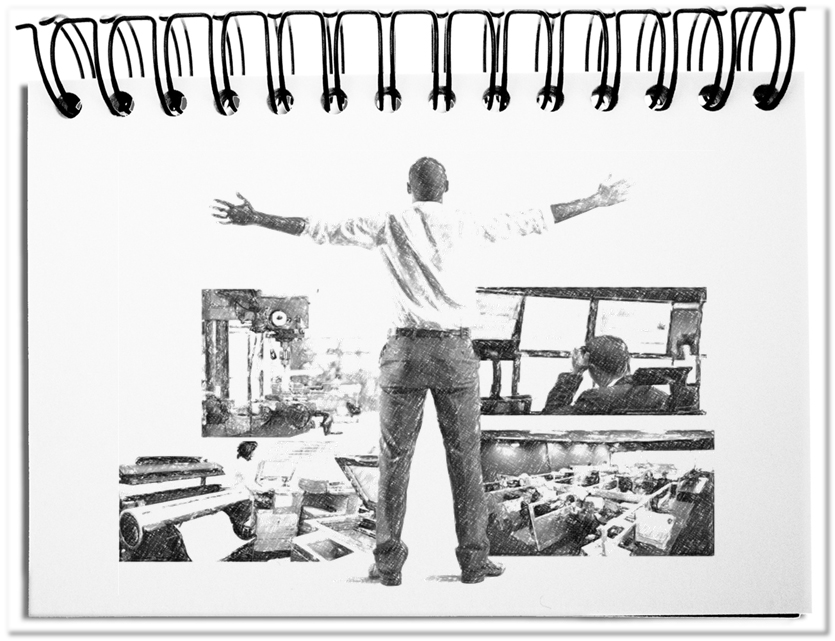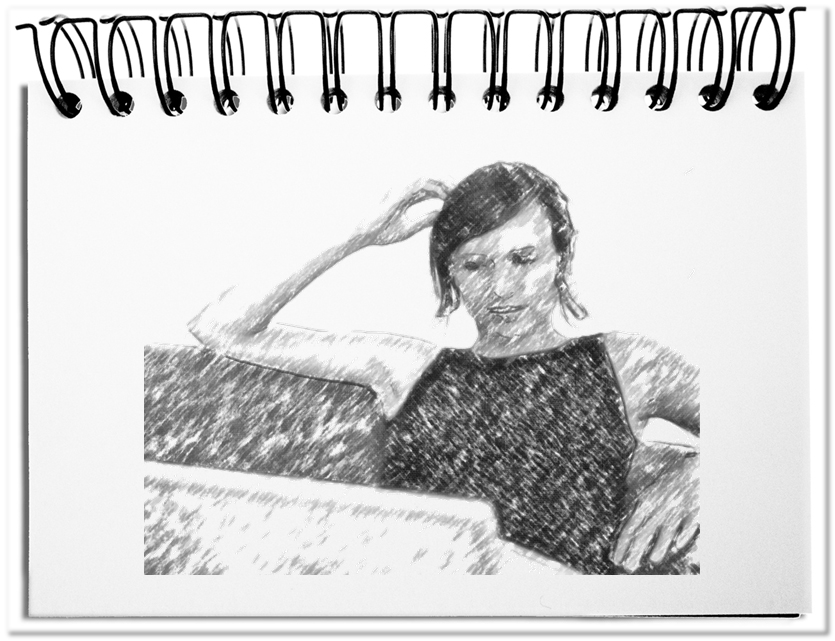Platforms allow nowadays new business models. While in the past a business had to build the necessary infrastructure itself, today it is possible to use facilities and organizations to implement the own business idea.
- Authors use services such as Print on Demand to publish their books without a publisher.
- Freelancers find their orders through appropriate online platforms.
- Small business owners can rent phone services that allow customers to access the small company or schedule appointments.
- Repair meetings or repair cafés use platforms, as The Restart Project, to reach the users.
You can already use a Fab Lab, in order to produce the own product (without the need of creating the appropriate production facilities). The potential applications are limitless. What are the challenges for such platforms?
A platform behaves like a natural organism, which is constantly fighting for survival in its environment. For this purpose, the following challenges should be mastered.
- Exploiting network effects
Everyone is in contact with everyone through the internet. This allows exploiting network effects. That way all protagonists of the platform have a wealth of knowledge at their disposal: publications, events, contacts and market information. That reaches as far as to a broad-based investigation of the wisdom of the crowd via forums and virtual events. In order to get the full impact of the network effects, it is important that not only biased offers can be found, but also complementary product ranges, which pursue additional approaches. The more interesting and diverse the platform is prepared, the more providers and customers are attracted and trigger the network effects. - Activating protagonists
The entry threshold of a platform should be as low as possible. This can be achieved with a free membership that, for example, allows getting to know the entire offer in the first month for free. In order to involve the protagonists, contributions should be rewarded with bonuses and other incentives. Regularly changing competitions and special offers pull interested users again and again into the platform. Once a protagonist mediates between different people, this can be rewarded by monetary or other benefits. - Offering choices
As soon as the users understand the platform, the widest possible variety is an advantage: not just accommodations in Berlin, but all over the world. In addition, the platform becomes interesting through contact people in the various areas, as it makes the technical websites more personal. The structure of the platform is a collateral benefit, since it promotes an indirect influence on the creation of mental models among the users. Appropriate search engines, glossaries and wikis offer users professionally focused information that pulls them constantly onto the platform. - Mastering the Tipping Point
The first platform users find only few other users and above all just a few offers. Over time the platform gets filled and then develops a life of its own. The point, at which the numbers of users exponentially grow, is the tipping point. Facebook had reached this point after three years. Until then, a lot of effort is needed from all people concerned, so that the platform does not collapse before it reaches fruitful user numbers. In order to avoid this, platform providers do everything they can to attract interested parties with as little hurdles as possible to enter the platform: free membership, great value at low cost, and an interesting start-up of content through the cooperation with content providers. - Developing continuously
The efforts to expand the platform must be made by all three protagonists. The providers should continuously expand their existing offers and product range. Users contribute to the page’s attractiveness with their forum posts and content provision. The operators are in charge to continuously enhance the platform with additional functionality and the linking of existing contents. The more dynamic the platform evolves and grows, the more new protagonists are attracted.
Bottom line: Platforms do not automatically achieve the desired effect. The platform providers face the challenges of exploiting the network effects, activating the protagonists, offering a wide variety of choices, mastering the tipping point, and eventually enhancing the platform continuously. Only the proactive management increases the likelihood of coping with the tipping point and the other challenges.


